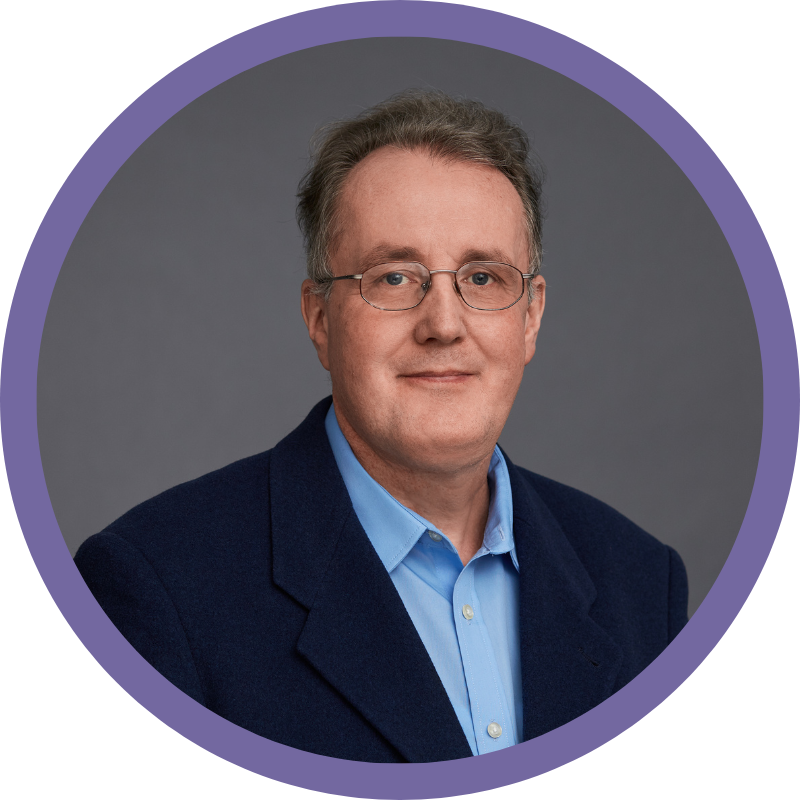Open access in social sciences and humanities: a librarian perspective from Germany
Librarian Ralf Depping, from the University of Cologne, talks to us about his thoughts on OA in SSH
We are responsible for the financing of open access publications, and the amount of these is steadily increasing
– Ralf Depping

Ralf Depping, Librarian, University of Cologne, Germany
Please introduce us to your SSH department at the University of Cologne

How does the library increase collaboration and cross-disciplinary relationships?
Can you share examples of cross-disciplinary projects happening within your institution?

Do you think OA agreements can help support OA publishing across all subjects?
What are transformative OA agreements?
Libraries and publishers make transformative agreements (TAs) to cut the cost of article publishing charges (APCs) for researchers. These agreements allow open access to a range of research as well as allowing researchers to continue reading subscription content.